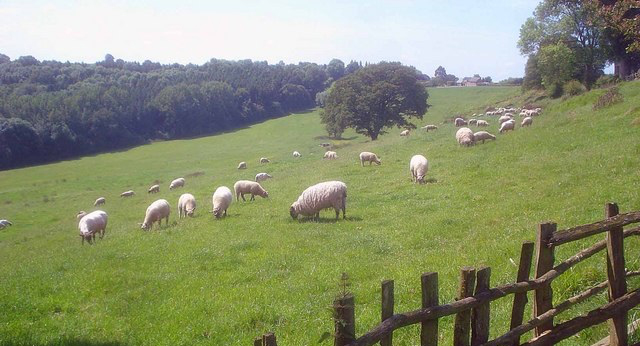
NFU Scotland will use a national conference on Scottish hill farming to recognise the invaluable contribution made by the sector but state that future support arrangements are crucial to its future success.
The hill farming conference is bringing together hill farmers and crofters from across Scotland, along with policy makers and stakeholders. Today’s programme includes farm visits in Argyll while tomorrow’s conference session will be in Oban. The aim of the event is to highlight some of the challenges faced; identify a sustainable way forward for hill farming, whilst recognising the benefits active hill farming can deliver. The Union believes tools to support hill farming are available, but they have to be used wisely.
Ahead of his conference speaking slot, NFU Scotland’s Director of Policy, Jonnie Hall said: “If individual hill farm businesses take their opportunities, and Scottish Government commits to supporting the true worth of active hill farming, then there will be a very bright future.
“You can’t put a value on the hugely important contribution that hill faming in Scotland makes to food production, communities, local economies, tourism, biodiversity and landscapes, yet it remains a vulnerable sector still reliant on support.
“Hill farmers, often working in remote areas, face an array of rising costs that are never likely to be met by returns from the market place. While that merits support in itself, it is important that we remember that many of the genuine benefits from active hill farming don’t have a market value!
“Support, in a variety of guises, remains vital. But as support systems change, that presents renewed challenges for the future viability of hill farming.
“Changes to direct support arrangements for 2015 onwards are revolution, not evolution. The shift to area based payments made it essential that we looked carefully at what we’ve got and make that work by targeting activity where we can to avoid overcompensation and land abandonment.
“Estimated payment rates of €10 per hectare for Region 3 land and €35 per ha for Region 2 are low but the voluntary coupled support schemes for ewe hoggs and beef calves have the potential to deliver fairer returns back to those who are most active in the hills and uplands. Eligibility for these coupled support schemes is simple but we must recognise that application, retention and inspection requirements are not.
“Pillar 2 support for our hill farmers, through the Less Favoured Areas Support Scheme has also been a crucial lifeline, delivering around £65 million annually to our LFA. That, too, will change but the hope is that this shift to the new Areas of Natural Constraint (ANC) scheme will be evolution and not revolution.
“LFASS is to continue in its current form until 2017, with some minor changes, but from that point Scotland will have to replace it with ANC where compensation will be based on income foregone and the extra costs of farming more disadvantaged land.
“There will be no historic, remote, coupled, or enterprise elements to the new ANC making it dramatically different. While devising a scheme will be challenging, it is such a fundamental part of the total support package for hill farming that we must make it work.”
